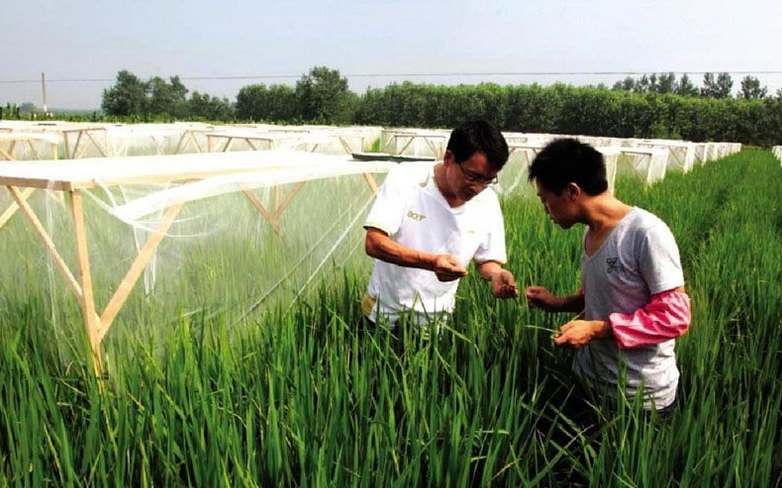Summary: In recent years, SDHI fungicides have
been launched and penetrated into Chinese market. SDHI fungicides show growth
momentum, attracting a lot of attentions of pesticide enterprises.

Source: Internet
In
recent years, SDHI (succinate dehydrogenase inhibitors) fungicides have been
launched and penetrated into Chinese market. SDHI fungicides show growth
momentum after new products launched, attracting a lot of attentions of
pesticide enterprises. At present, SDHI fungicides present characteristics in
China as follows:
Multinational
enterprises’ parented products penetrating into Chinese market
At
present, the top six pesticide giants, such as Syngenta, Bayer, BASF and
Monsanto Company, have already participated in the R&D of SDHI fungicides
directly or indirectly. Altogether 18 SDHI fungicides have entered into or will
hit the market in the world. Large multinationals have developed patented
products, penetrating into Chinese market.
Part
of SDHI fungicides having entered into Chinese market
Currently, there are 9 SDHI fungicide
varieties having been registered in China, 166 products in total.
-
Thifluzamide (89 registrations)
-
Carboxin (28 registrations)
-
Boscalid (17 registrations)
-
Flutolanil (8 registrations)
-
Fluopyram (7 registrations)
-
Sedaxane (5 registrations)
-
Fluxapyroxad (5 registrations)
-
Isopyrazam (5 registrations)
-
Penflufen (2 registrations)
Only
half of SDHI fungicide varieties have entered into Chinese market.
Domestic
enterprises concentrated on R&D off-patented pesticides
Currently, the domestic enterprises’ R&D
in SDHI fungicides is outdated, no novel pesticide variety has been created.
They keep an eye on R&D in off-patented pesticides, such as thifluzamide
and boscalid, or they develop single formulations and mixed formulations.
SDHI
fungicide resistances yet not appearing widely in China
A
few cases of SDHI fungicide resistance have been reported in China, only for
boscalid. There is no resistance report for products which have been developed
in recent ten years, indicating that SDHI fungicide resistance has yet not
appeared widely in China. Along with the wide development and frequent usage,
it's inevitable to avoid SDHI fungicide resistance.
In
the future, SDHI fungicides will develop towards two aspects:
Develop
new varieties
New
SDHI fungicides have hit the market, leading the new trend in fungicide market.
Compared with other fungicides, SDHI fungicides are higher in selling price,
but better in efficacy. Until now, no resistance case has appeared in main
application areas. More and more farmers gradually get familiar with and accept
SDHI fungicides. At the same time, Chinese pesticide enterprises also should
focus on the R&D of SDHI fungicides, and develop different kinds of new
products.
Develop
mixed formulations of off-patented pesticides
Except that penthiopyrad patent will expire in
2016, the patent of fluxapyroxad, bixafen, penflufen, sedaxane, lsopyrazam,
benzovindiflupyr, fluopyram and isofetamid will expire in 2022-2026. There are
several years for the patent expiration, to develop off-patented SDHI
pesticides is a good choice for enterprises. Industry insiders think that to
develop mixed formulations of off-patented SDHI pesticides will represent
prospects in China.
If you want to know more about information
about fungicide market in China, you can enter our Online
Platform for it. It mainly concludes:
BOON: Now you can enjoy the free trial in
the Online Platform for 7 days. If needed, welcome to
contact us directly by emailing econtact@cnchemicals.com or calling +86-20-3761 6606.